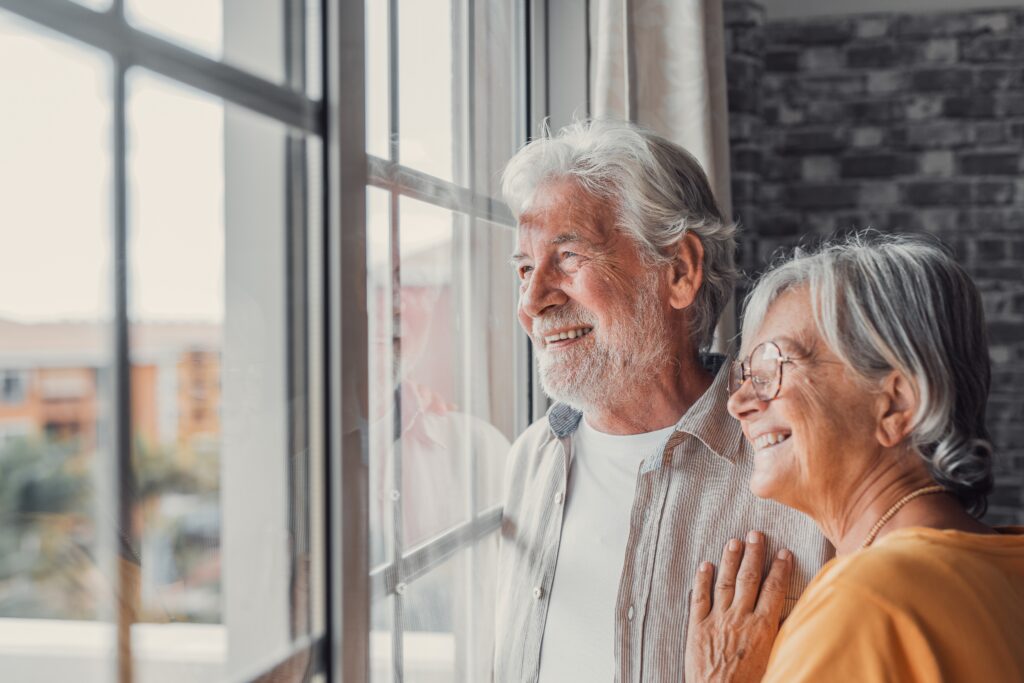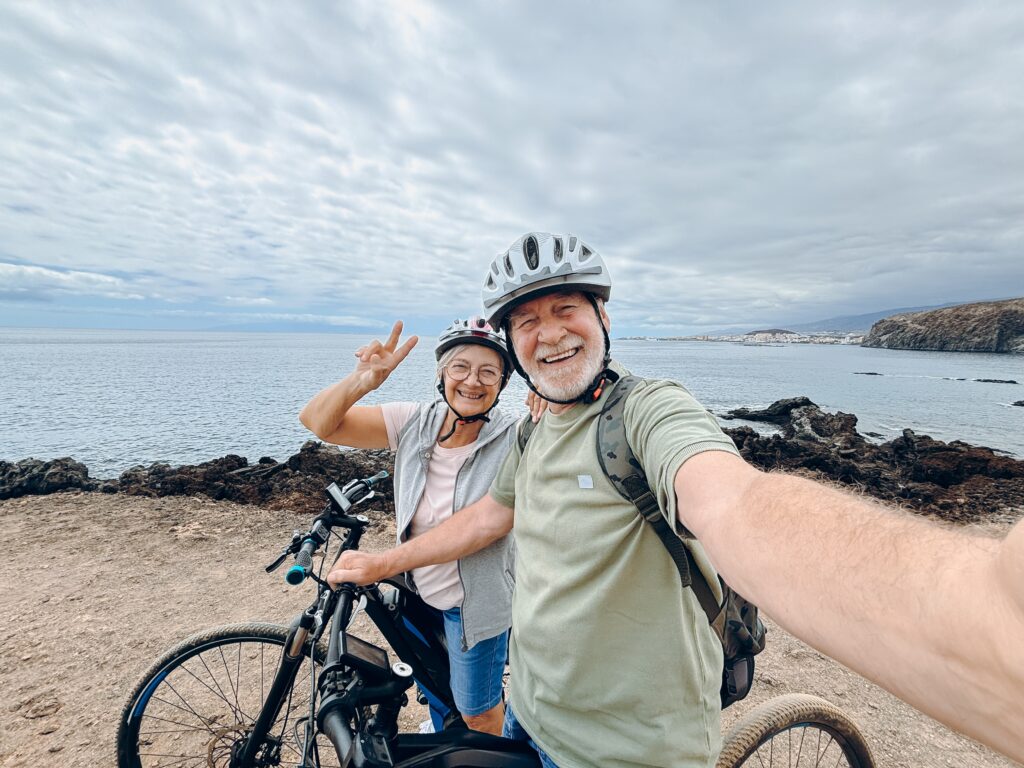Male Incontinence: A Problem I Never Thought Would Happen to Me
I never imagined I would write about this, let alone live it. I’m a 54-year-old man, reasonably healthy, active, and like many others, proud of being independent. Yet, over the last few years, I’ve learned firsthand what it means to live with male incontinence – a topic men rarely talk about, but one that deserves far more attention.

The Day Everything Changed d Happen to Me
My first experience came after prostate surgery. I knew there might be “side effects,” but I thought they’d be temporary. They weren’t. I remember the first time I sneezed in public after the operation and felt a sudden warmth I couldn’t control. It was humiliating.
At first, I told no one – not my wife, not even my doctor. I convinced myself it would stop. Instead, the leaks kept coming: during walks, lifting groceries, laughing too hard with friends. Something that simple, that natural urination was suddenly out of my control.
Why Does Male Incontinence Happen?
I later learned there are several reasons men like me develop bladder leaks:
- Prostate surgery – When the prostate is removed or reduced, the muscles that control urine flow can weaken or become damaged.
- Age – Like every other muscle, the bladder and pelvic floor lose strength over time. By 60+, a surprising number of men already notice changes.
- Sports and injuries – Years of running marathons, lifting heavy weights, or suffering back injuries can strain or damage the pelvic floor and nerves.
In short, it’s not just “old men” or “sick men.” It can happen to any of us.
The Psychological Battle
The physical leaks were one thing, but the psychological impact hit me even harder:
Shame: I felt less masculine, as if I had lost control over my own body.
Isolation: I avoided trips, dinners, even long car rides. The fear of not finding a bathroom in time was overwhelming.
Intimacy struggles: I didn’t feel confident with my wife, and that created distance between us.
It’s incredible how something so small drops of urine can have such a huge effect on your identity and relationships.

What Helped Me
The turning point came when I finally stopped hiding. I spoke to my doctor, joined an online forum, and learned there are real, practical solutions:
- Pelvic floor (Kegel) exercises
At first, I felt ridiculous. Men don’t do Kegels, right? Wrong. Within months, I noticed real improvement.
My daily routine: 10 squeezes, 3 times a day. No one sees, but the results are life-changing.
- Lifestyle adjustments
I cut back on coffee and beer (both make leaks worse).
Lost 6 kilos, less pressure on my bladder.
Started walking every day, which helped both my body and my mood.
- Medical support
My urologist explained medication options. For some men, surgery or minimally invasive treatments are available.
Just knowing these options exist gave me hope.
- Modern protection
I resisted pads and protective underwear at first. “That’s for old men,” I thought. But today’s products are discreet, thin, and designed for men.
The first time I wore one to a family party, I felt safe for the first time in years. No one knew. No one noticed. And I could finally enjoy myself.
Advice to Other Men
If you’re a man reading this and dealing with incontinence, here’s what I wish someone had told me earlier:
You’re not alone. Millions of men live with this: athletes, fathers, husbands, professionals.
Talk about it. With your doctor, your partner, or even a friend. Silence only makes the burden heavier.
It’s not weakness. It’s a health condition, just like back pain or high blood pressure.
Use what’s available. Exercises, lifestyle changes, medical care, and yes, protective products can give you back your freedom.
Don’t let it define you. I’m still me: a husband, a father, a man who works, laughs, and lives fully. Incontinence is just one small part of my life, it doesn’t control it anymore.
Final Thoughts
Male incontinence is one of those hidden topics no one dares to bring up, but once you shine a light on it, you realize it’s everywhere. The real problem isn’t the leaks, it’s the silence around them. Breaking that silence was the most liberating step I took.
If this is something you’re going through, don’t wait like I did. Get help, try solutions, and take back your confidence. Life is too short to miss out on laughter, movement, and closeness just because of something so common and treatable.
